HIGH SCHOOL COURSES
HIGH SCHOOL COURSES

Math (9-12):
Challenge your math skills with our high school courses, spanning algebra, geometry, advanced calculus, and linear algebra. We provide the support necessary to excel.
Science (9-12):
Delve into advanced biology, physics, and chemistry in our high school science courses. Critical thinking, experimentation, and scientific inquiry are key elements of our curriculum.
ELA (9-12):
Our high school English Language Arts program focuses on literature analysis, essay writing, and effective communication, preparing students for advanced coursework.
We offer homework help for all levels. Our expert tutors are available to assist students with assignments, complex concepts, and study strategies.
For students in middle school, elementary school, and high school, our tutoring and coaching courses provide comprehensive support. We're dedicated to fostering a love for learning and helping students reach their full potential.
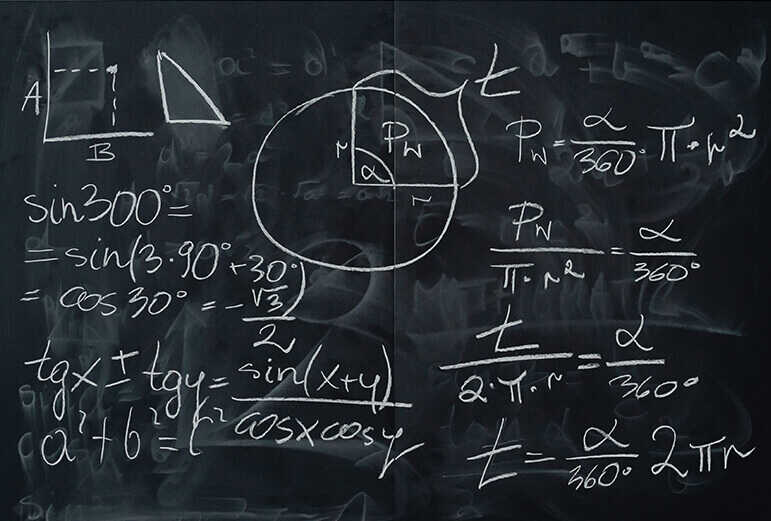
PRE-CALCULUS
There are two sections to this particular course which are Calculus 1 & 2 and Analytic Geometry.
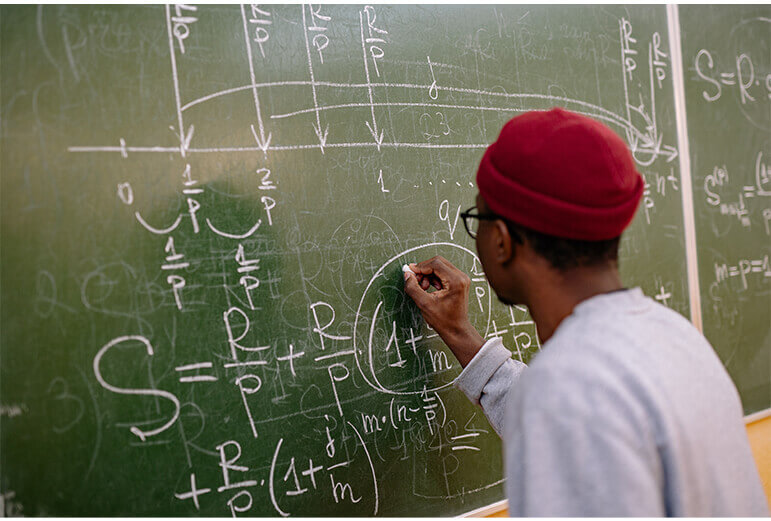
ALGEBRA
The standards for this course are organized into big ideas, course key competencies/ standards, and learning objectives/expectations. The key competencies represent the standard expectation of learning for all students in that course.
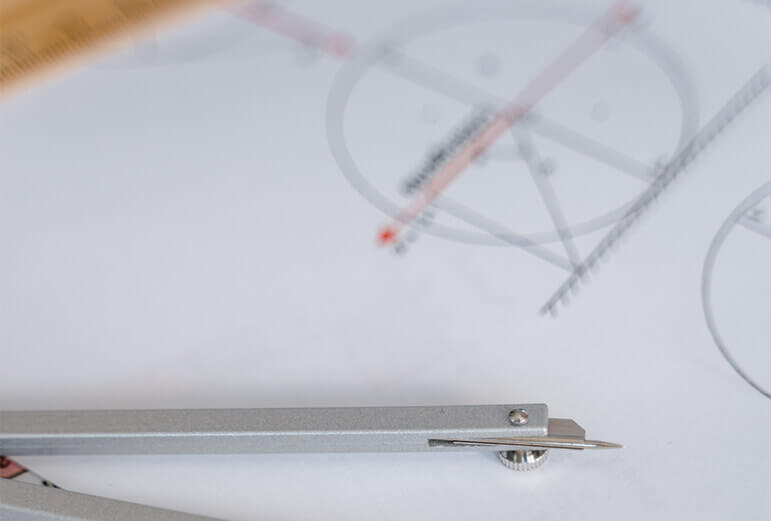
GEOMETRY
The course prepares the students in both basic and advanced analytic Geometry in mathematical science.

CHEMISTRY
The course develops the students understanding of chemistry of the high school level covering all concepts and topics which includes structure and composition of matter, bonding, periodicity and so on.
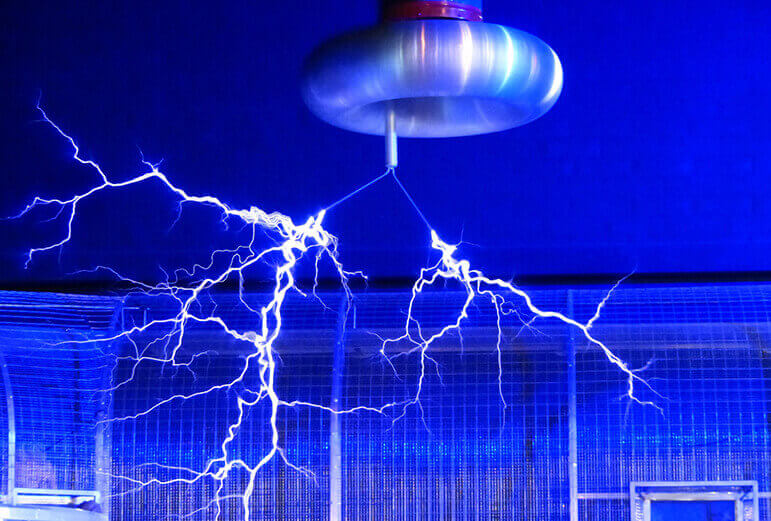
PHYSICS
The course prepares the students in physics at the high school level covering all concepts and topics such as applications of motion, forces, thermodynamics and so on.

ENGLISH (9-12)
The course makes students ready on the subject of english language such as grammar study, text analysis and so on at the high school level.
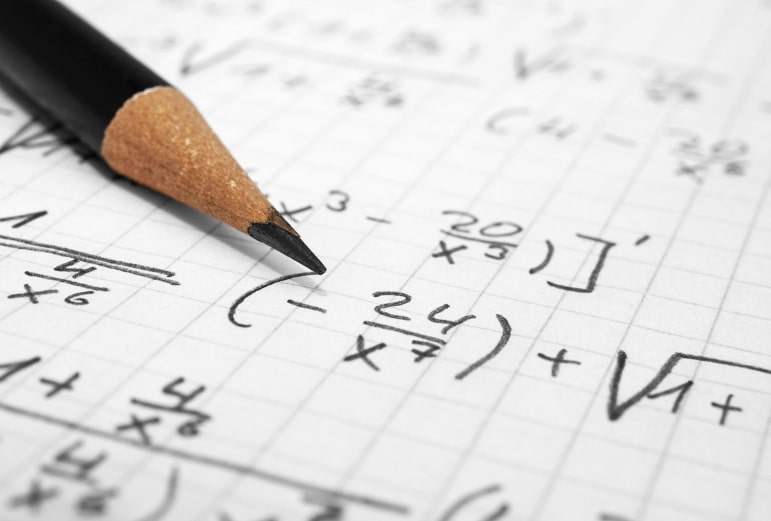
ADVANCED ALGEBRA
Advanced Algebra: Concepts & Connections, students will continue to enhance their data and statistical reasoning skills as they learn specific ways to collect, critique, analyze, and interpret data.

CALCULUS
The course provides students with the opportunity to develop an understanding of the derivative and its applications as well as the integral and its applications. Throughout the course there should be a focus on notational fluency and the use of multiple representations.
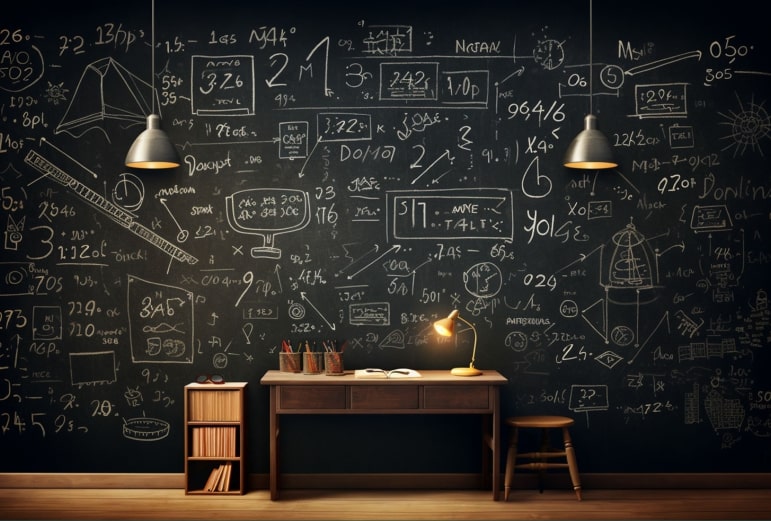
MULTIVARIABLE CALCULUS
Multivariable Calculus is a fourth-year mathematics course option for students who have completed AP Calculus BC.
Multivariable Calculus Description
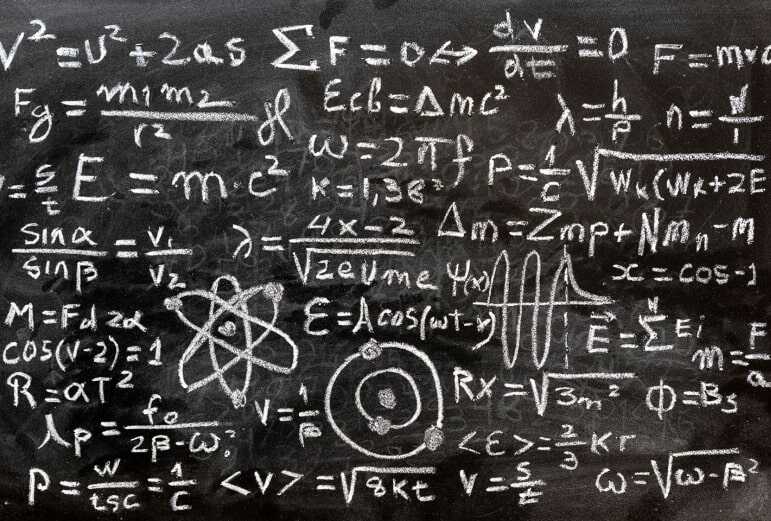
LINEAR ALGEBRA & COMPUTER APPLICATIONS
The course will examine the use of vectors and matrices in mathematics and apply these concepts to computer science. There will be a strong focus on the presentation of mathematical ideas through both writing and programming.
Linear Algebra & Computer Applications Description

BIOLOGY
The Science Georgia Standards of Excellence drive instruction. Hands-on, student-centered, and inquiry-based approaches should be the emphasis of instruction. The standards are a required minimum set of expectations that show proficiency in science.
AP COURSES
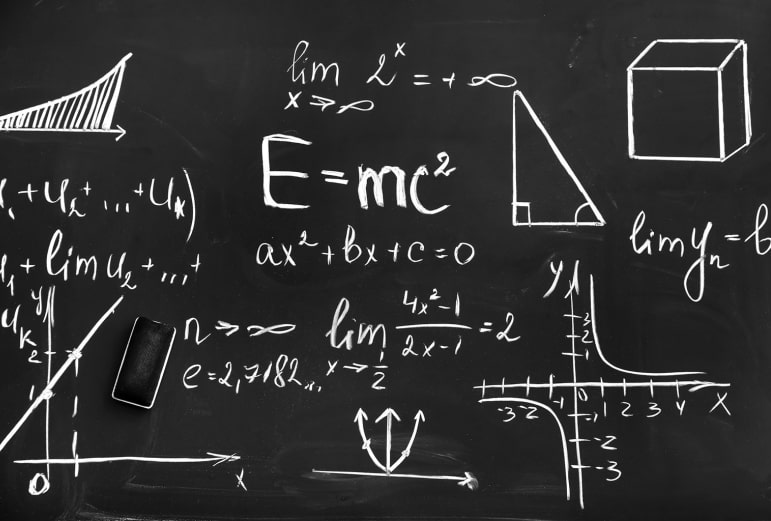
AP PRE CALCULUS
AP Precalculus centers on functions modeling dynamic phenomena. This research-based exploration of functions is designed to better prepare students for college-level calculus and provide grounding for other mathematics and science courses.
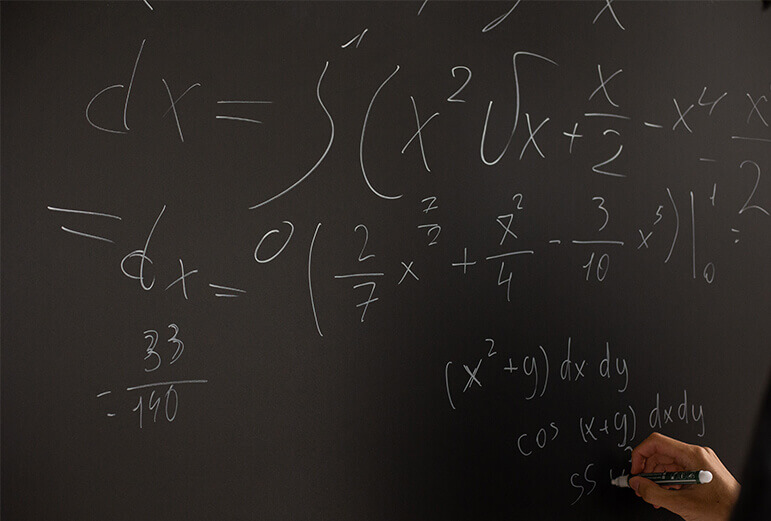
AP CALCULUS AB/BC
The course covers the main topics and concepts of the first semester college calculus with special focus on differential and integral calculus.

AP PHYSICS
The course is a culmination of college-level topics covering both foundational as well advanced knowledge on the subject of physics.
AP Physics 1: Algebra Based
AP Physics 2: Algebra Based
AP Physics C: Electricity & Magnetism
AP Physics C: Mechanics

The course focuses on the fundamental concepts of chemistry which ranges from structure and states of matter, to intermolecular forces and forms of reactions.
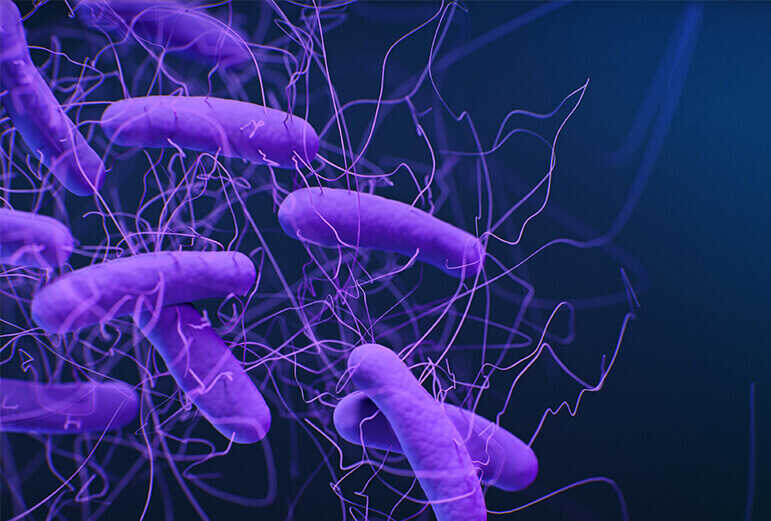
AP BIOLOGY
The course covers both introductory as well as advanced college-level biology topics and concepts to understand biology better.

AP ENVIRONMENT SCIENCE
The course focuses on topics like renewable and nonrenewable sources of energy, the interrelationships in nature and so on.
AP Environment Acience Description

AP STATISTICS
The course mainly focuses on concepts like variation and distribution; predictions based on data, patterns, uncertainty and so on.

AP COMPUTER SCIENCE
In this course, students will learn to design and evaluate solutions and to apply computer science to solve problems through the development of algorithms and programs.
AP Computer Science Principles
AP Computer Science A